Al Pacino, one of the most iconic actors in Hollywood history, is celebrated for his legendary roles in The Godfather, Scarface, and Scent of a Woman. However, behind the glitz and glamor of his storied career lies a shocking financial downfall that even his most loyal fans may not have seen coming. Pacino, now in his 80s, has revealed in his memoir Sonny Boy that despite earning millions, he once found himself broke. His poor money management, extravagant lifestyle, and a Ponzi scheme run by his accountant left him scrambling to make ends meet—even taking on roles just to stay afloat. Here’s a deep dive into the Hollywood legend’s surprising financial journey and how he bounced back.
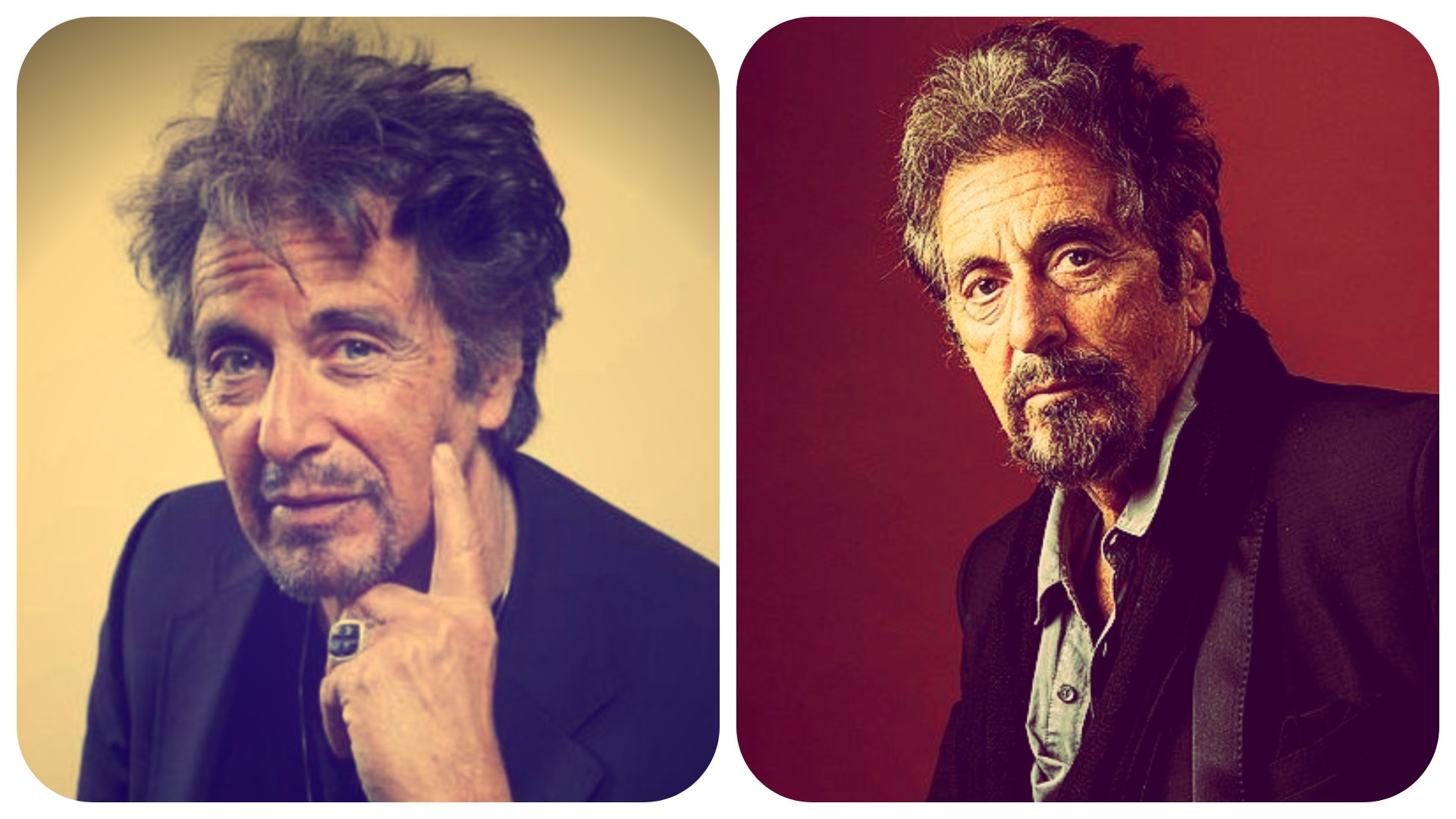
How Did Al Pacino Go Broke?
You might wonder how someone who starred in some of the greatest films ever made could possibly end up broke. For Pacino, it came down to one simple reason: a lack of understanding about how money works.
In his memoir, Pacino admits to financial recklessness, saying, “I had about ninety grand in the bank and that was it,” despite the enormous paychecks from his films. Pacino confesses that he had no idea how much he was spending—or how quickly it was disappearing. “I was spending $400,000 a month and didn’t know it was happening. You’ve got to be dumb,” he reflected, calling it a “crazy montage of loss.”
So, where did all that money go? Pacino owned multiple homes, apartments, and even an office. On top of that, he spent absurd amounts on landscaping for a house he didn’t even live in, forking over $400,000 annually just to trim the lawn. His memoir is filled with anecdotes about this wild spending, but perhaps the most shocking revelation was how his fortune of $50 million dwindled to almost nothing.
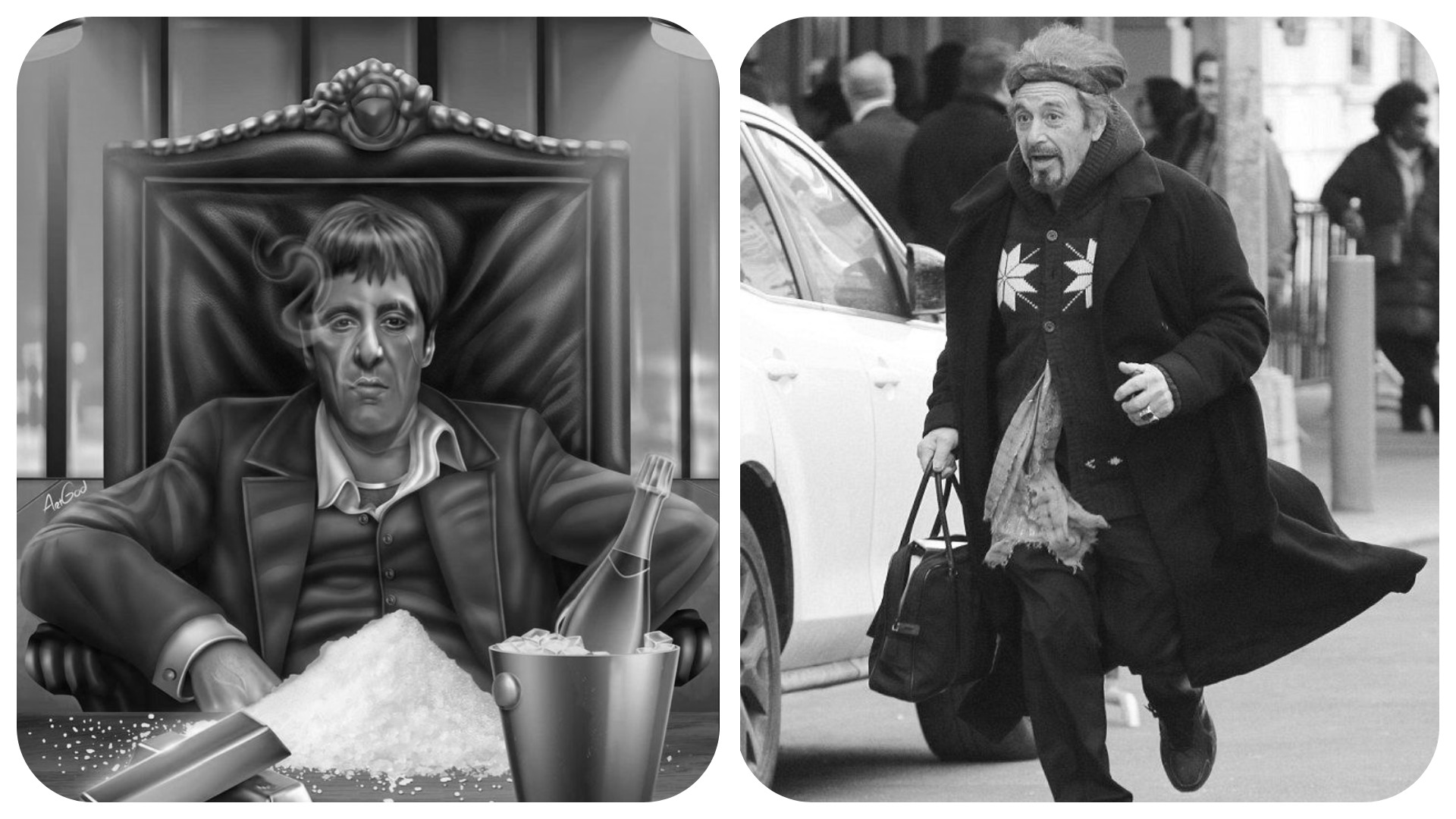
The Role That Saved Him: Jack and Jill
By 2011, Pacino’s financial situation was dire. He had fallen victim to a Ponzi scheme orchestrated by his accountant, who later went to prison, leaving the actor in a financial freefall. With mounting bills and almost no money left, Pacino had to take on projects for survival.
One of those projects was the critically panned Adam Sandler movie Jack and Jill. The film, which holds an abysmal 3% on Rotten Tomatoes, features Pacino in a cringe-worthy role as an exaggerated version of himself. His character even stars in a fake Dunkin’ Donuts commercial, which left many fans scratching their heads.
So why did the legendary actor take on such a strange role? The answer is simple: he was broke. “It came at a time in my life that I needed it because it was after I found out I had no more money,” Pacino admitted. Despite the film’s failure, he looks back on it with a sense of humor, even clarifying later, “You know how many people think I actually made that commercial?”
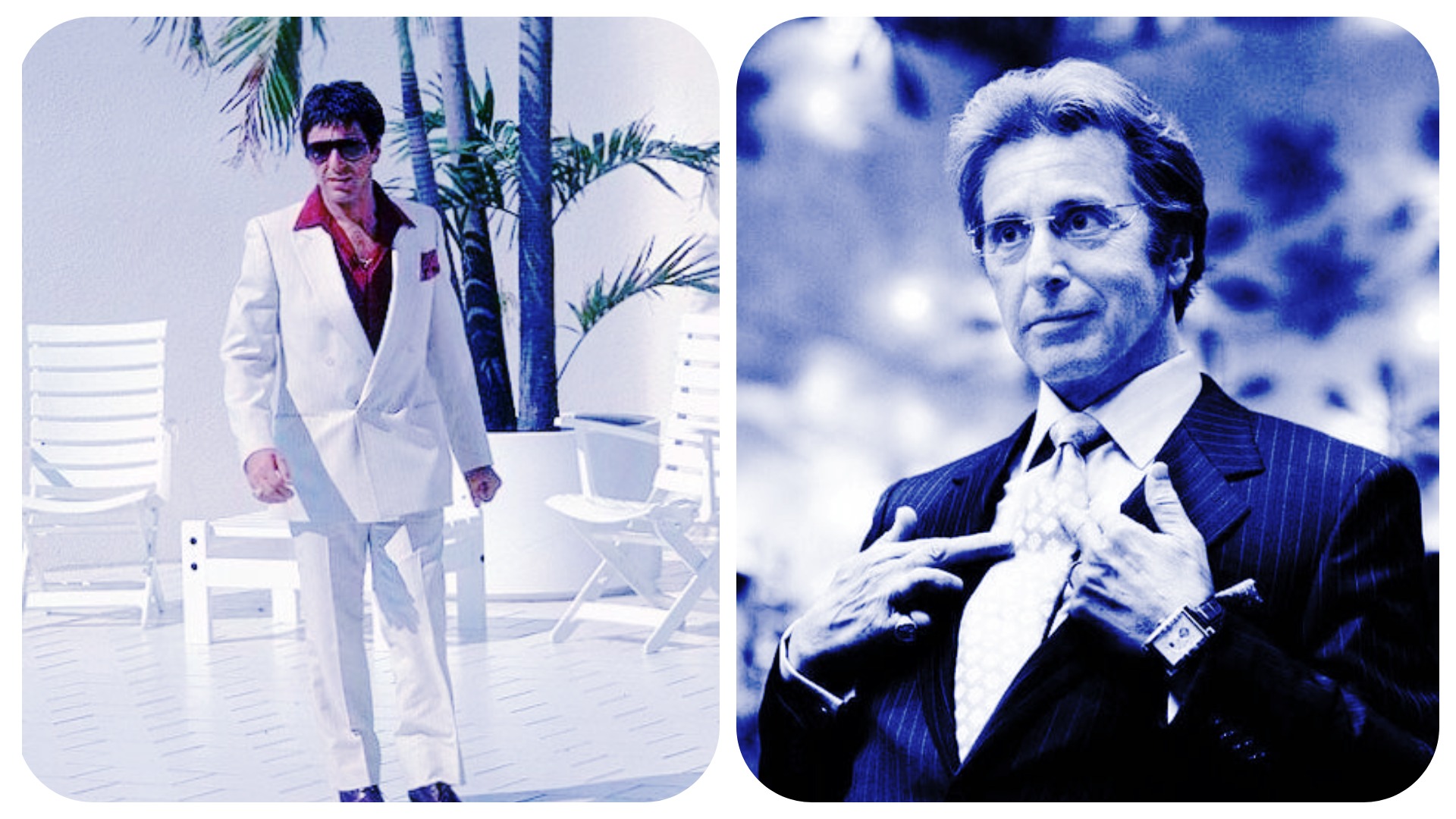
A Lifestyle of Extravagance
At the height of his career, Pacino lived like royalty. He owned 16 cars, had 23 cellphones, and spent what would now amount to nearly $900,000 a month on his lavish lifestyle. But when the money ran out, he was forced to make some hard choices.
Pacino began downsizing, selling off properties and cutting back on his extravagant habits. He even took on gigs that many stars of his caliber might consider beneath them, including commercials for Australian TV. Additionally, he started giving seminars to earn money.
His financial recovery took time, but eventually, Pacino was able to regain some stability. His deal with HBO, where he earned $10 million per film, helped immensely, as did his role in The Irishman (2019), for which he earned a hefty $20 million paycheck. Slowly but surely, Pacino managed to rebuild his finances.
Learning from His Mistakes
While Pacino’s story of financial mismanagement is certainly eye-opening, it’s also a cautionary tale about the importance of understanding money. Reflecting on his earlier years, Pacino admits, “I didn’t understand how money worked, any more than I understood how a career worked. It was a language I just didn’t speak.”
Now in his 80s, Pacino has learned to be more financially responsible. One of his most lucrative films, Scarface, continues to generate residual income, which he acknowledges as a financial lifeline. “I can live on it, I mean, I could, if I lived like a normal person,” Pacino quipped in his memoir.
Despite the ups and downs, Pacino’s sense of humor and resilience have helped him navigate both his career and financial crises. While Jack and Jill may not be a highlight of his acting portfolio, it represents a pivotal moment where the actor faced reality, made hard choices, and began rebuilding his life.
Conclusion
Al Pacino’s journey from Hollywood royalty to financial ruin and back again is a powerful reminder that even the biggest stars aren’t immune to life’s challenges. Through his candid confessions, Pacino has shown that no matter how far you fall, it’s possible to get back up—with a little humility and a lot of hard work. His story also serves as a warning to anyone who believes that fame and fortune are invincible. Even icons like Pacino have to learn some lessons the hard way.
FAQs
How did Al Pacino lose his fortune?
Al Pacino lost his fortune due to reckless spending, poor financial management, and a Ponzi scheme run by his accountant. At one point, he was spending $400,000 a month without realizing it.
Why did Al Pacino take on a role in Jack and Jill?
Pacino admitted that he took on the role in Jack and Jill because he was broke. After losing most of his money, he accepted the project to cover his financial needs.
What are some of Al Pacino’s most extravagant spending habits?
At his wealthiest, Pacino owned multiple homes, 16 cars, and 23 cellphones. He spent $400,000 a year on landscaping for a home he didn’t even live in.
How did Al Pacino rebuild his finances?
Pacino started taking on new projects, including a lucrative deal with HBO and his role in The Irishman, which helped him recover financially. He also downsized his lifestyle and began managing his money more responsibly.
What lessons did Al Pacino learn about money?
Pacino learned the importance of understanding how money works and the consequences of financial mismanagement. He now emphasizes financial responsibility and admits that his earlier spending was out of control.






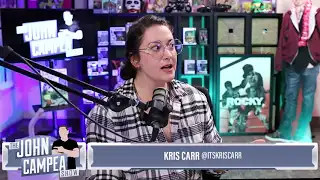
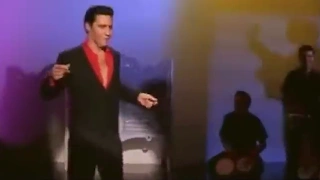

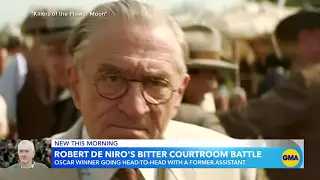


Discussion about this post